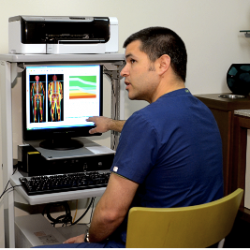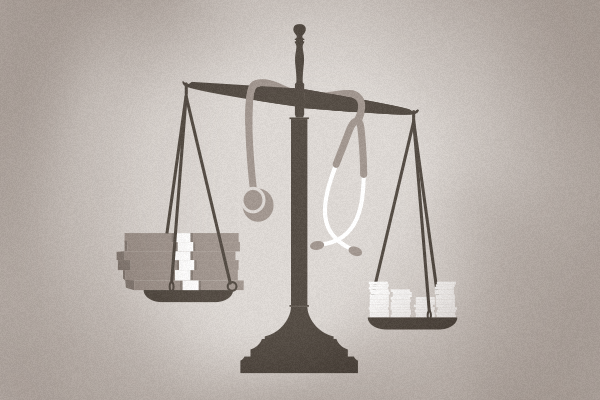 Doug Farrago’s new post on Kevin MD makes a grim prognosis for docs operating within the insurance system. Looks like they will need to answer emails more promptly or risk diminishing profits.
Doug Farrago’s new post on Kevin MD makes a grim prognosis for docs operating within the insurance system. Looks like they will need to answer emails more promptly or risk diminishing profits.
Farrago’s future of patient emails includes not getting paid for answering them, getting dinged if you lag when responding, possibly getting sued, making bad prognoses based on cryptic messages (which you’re expected to answer or lose patients to doctors who will), and losing money since emailing patients are skipping out on the visit.
However, Farrago mentions that Dr. Josh has solved this quandary by introducing a subscription model and limiting his patient number. As we know, Atlas MD docs take calls and emails 24/7 and as Dr. Doug told CNN Money, “My professional life is better than expected, my family life and personal time is better than expected,” he said. “This is everything I wanted out of family medicine.” In fact, Atlas MD enjoys their work so much, they’re fighting to bring direct care to the masses. It feels good to be recognized as a solution in an industry riddled with incalculable problems.
Doug Farrago is a family physician who blogs at Authentic Medicine.
(Photo courtesy of pressherald.com)



